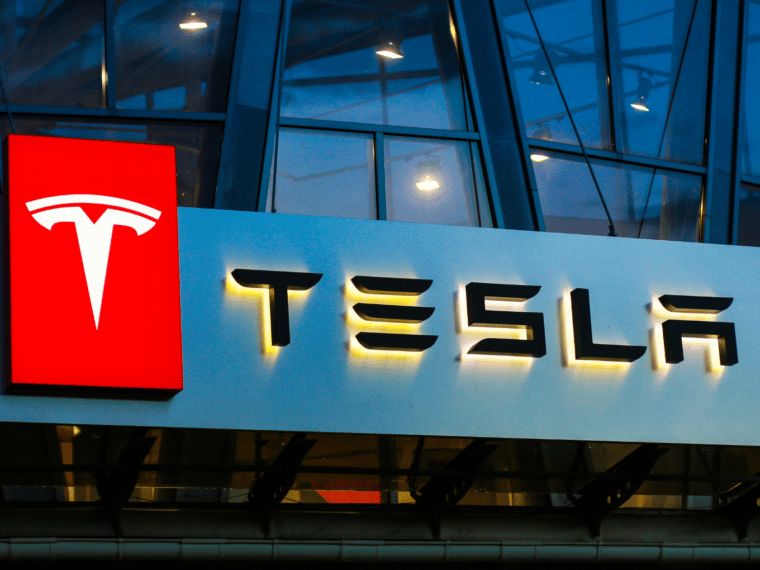
Tesla executives will hold talks on local sourcing of components for its EV models and reiterate the demand for slashing import taxes
The meeting will be attended by officials from the PMO and managers from Tesla’s supply chain, production and business development verticals
Last year, Tesla CEO Elon Musk said that the automaker would not manufacture in any country where it was not allowed to sell or service cars first
In what appears to be an attempt to reduce Tesla’s reliance on China and diversify its production capabilities, top executives of the automaker will reportedly land in India this week to discuss local procurement of components and other issues.
The top executives of the US-based electric car company are slated to meet officials of the central government on Wednesday (May 17) and Thursday (May 18) to hold talks on local sourcing of components, Bloomberg reported citing sources.
Besides, the EV automaker is also expected to reiterate its demand for slashing import taxes on its vehicles in India.
The meeting will be attended by officials from the Prime Minister’s Office and ‘C-suite executives and managers’ from Tesla’s supply chain, production and business development verticals, as per the report.
The development comes ahead of Prime Minister Narendra Modi’s visit to the US in June later this year.
It must be noted that Tesla and the Indian government have been at loggerheads over a host of issues.
Last year, Tesla CEO Elon Musk criticised the Indian government over the high import duties on EVs. He urged the government to slash the taxes, which currently are in the range of 60%-100% depending on the Cost, Insurance, and Freight (CIF) value of the fully imported cars.
The Tesla CEO more or less shelved his plans for India foray, saying the automaker would not manufacture in any country where it was not allowed to sell or service cars first. Musk’s outburst came close on the heels of the Indian government’s refusal to offer any special tax rebates to Tesla.
The government was concerned that offering any special tax breaks to Tesla could discourage other global as well as homegrown auto manufacturers who are complying with the current tax regime.
The Centre also insisted on Tesla setting up a local manufacturing plant in India as against simply importing or assembling completely knocked down (CKD) units. The move did not go well with Tesla boss but much seems to have changed in the year since then.
Tesla appears to be following Apple’s playbook and exploring ways to move some of its production to India. The move is likely guided by the growing geopolitical hostilities between the US and China.
Tesla’s new pivot to India could also be led by attractive production linked incentives (PLIs) available for original equipment manufacturers (OEMs) in the country. Tesla could be looking to cash in on these benefits. Setting up a facility in India could also open up the world’s most populous country for Tesla, which could mean sale of thousands of vehicles.
Besides, the rising tide of EV sales in India could also work in favour of Tesla, which has created a high brand value among masses globally. Despite global car makers such as Mercedes Benz, Hyundai and MG creating a niche in the homegrown EV space, Indian companies such as Tata Motors and Mahindra & Mahindra have a lion’s share in the country’s four-wheeler EV market.
India presents a huge growth market for these players as the adoption rate of EV cars in the country still stands at an abysmal sub-1%. With the space expected to gather pace in the coming years, India could present a big opportunity for EV players across the globe.
Meanwhile, if Tesla decides to procure auto components from India, it would provide a further boost to the government’s ‘Make In India’ initiative. The Centre has been trying to make India a manufacturing hub and attract global players to set up their plants in the country. While Apple suppliers are gradually increasing their production capacities in the country, Tesla can further strengthen the government’s claims of India being an attractive manufacturing destination.































 Ad-lite browsing experience
Ad-lite browsing experience